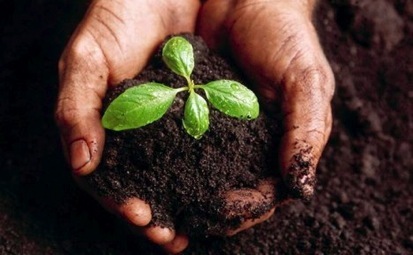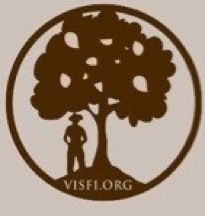








Home | About Us | Contact Us | Store

2008, Living Mandala
creative services by: 360 Degrees
Including
APPROPRIATE TECHNOLOGY
ADVANCED PERMACULTURE DESIGN
BIOREMEDIATION
MYCOREMEDIATION
MICRO-ORGANISMS
CARBON FARMING
BIOCHAR
DESIGN PROCESS
HANDS-ON FIELD WORK
ECOSYSTEMS REGENERATION
AND MUCH MORE
In Association With
Virgin Islands Sustainable Farm Institute
Institute for Appropriate Technology
Earth Fortification Supplies
Soil Foodweb Oregon
Green Mountain Mycosystems
Gaia University
Facilitators & Instructors
Albert Bates
David Demerest
Matt Slaughter
Greg Landua
Course Inspiration
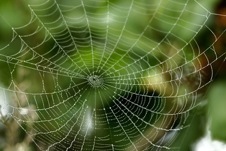
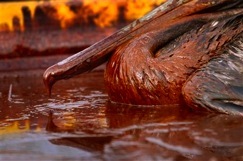
Course Description
This course will concentrate on learning & applying whole systems design to remediate toxic spills combining three of the most promising techniques for remediating spills and building soil: bioremediation, mycoremediation, and carbon farming. During the course we will learn the processes, functions, and the application of these appropriate technologies in the context of permaculture design and hands-on experience, with a focus on designing integrative solutions and applying them to actual oil spill sites on St. Croix. This course is a part of a long term initiative to re-mediate spills; to push the oil industry, government, and private sectors towards more ecological practices, to educate & shift consumer relationships, and to create new jobs in bioremediation and ecosystems restoration. This course will be integrating with broader bioremediation and climate change mitigation campaigns with our partners WeForest, Re:Char, Gaia University, Virgin Islands Sustainable Farm Institute, and others.
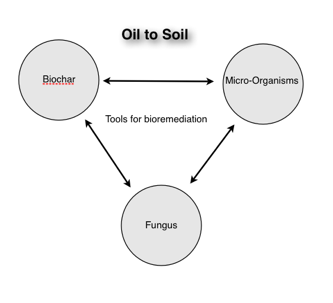
Course Goals & Outcomes
-
•Deliver low-cost, cutting-edge, oil spill remediation techniques & technologies.
-
•Develop scalable, economically viable remediation models that can be implemented by consultant teams, clean-up teams, and the oil industry.
-
•Create fundable and scalable technologies that can be used for large scale environmental clean-up
-
•Create an open source, low cost toolkit for citizen lead bioremediation efforts.
-
•Catalyze new jobs in ecological restoration
-
•Generate profits and attract investments to continue to re-invest in the strategic implementation of these bioremediation technologies on larger and larger scales.
Micro-Organisms & the Soil Food Web
An incredible diversity of organisms make up the soil food web. Soil organisms decompose organic compounds, including manure, plant residue, and pesticides, preventing them from entering water and becoming pollutants. All food webs are fueled by the primary producers: the plants, lichens, moss, photosynthetic bacteria, and algae that use the sun’s energy to fix carbon dioxide from the atmosphere. Many soil organisms get energy and carbon by consuming the organic compounds found in plants, other organisms, and waste by-products. As these organisms eat, grow, and move through the soil, they make it possible to have clean water, clean air, healthy plants, and moderated water flow. All plants – grass, trees, shrubs, agricultural crops – depend on the food web for their nutrition.
Text from the NRCS - U.S. Department of Agriculture Natural Resources Conservation Services by Dr. Elaine R. Ingham
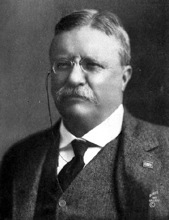
“The nation that destroys its topsoil destroys itself.”
- Theodore Roosevelt, 1907
What is Biochar?
Biochar is a form of charcoal with enormous opportunities in enhancing crop growth, remediating contaminated soil and preventing climate change causing carbon emissions. Biochar is a 2,000 year-old practice that converts agricultural waste into a soil enhancer that can hold carbon, boost food security and discourage deforestation. Biochar is produced through pyrolysis or gasification — processes that heat biomass in the absence (or under reduction) of oxygen. The process creates a fine-grained, highly porous charcoal that helps soils retain nutrients and water. Biochar is found in soils around the world as a result of vegetation fires and historic soil management practices. Intensive study of biochar-rich dark earths in the Amazon (terra preta), has led to a wider appreciation of biochar’s unique properties as a soil enhancer. Biochar is also known by the names “agrichar” or the simple term, black carbon.
Biochar can be an important tool to increase food security and cropland diversity in areas with severely depleted soils, scarce organic resources, and inadequate water and chemical fertilizer supplies. Biochar also improves water quality and quantity by increasing soil retention of nutrients and agrochemicals for plant and crop utilization. More nutrients stay in the soil instead of leaching into groundwater and causing pollution.
Benefits of Biochar
In addition to creating a soil enhancer, sustainable biochar practices can produce oil and gas byproducts that can be used as fuel, providing clean, renewable energy. When the biochar is buried in the ground as a soil enhancer, the system can become "carbon negative." Biochar and bioenergy co-production can help combat global climate change by displacing fossil fuel use and by sequestering carbon in stable soil carbon pools. It may also reduce emissions of nitrous oxide. We can use this simple, yet powerful, technology to store 2.2 gigatons of carbon annually by 2050. It’s one of the few technologies that is relatively inexpensive, widely applicable, and quickly scalable.
Biochar & Re:Char Explained
Please view the following video for a description of the re:char concept and how biochar and pyrolysis can change the world.
Oil to Soil: Bioremediation Technologies for Oil Spill Clean Up
Advanced Permaculture Design for Ecosystem Regeneration.
December 1-5, 2010
Creque Dam Farm, St. Croix, US Virgin Islands
Tuition & Registration Options
Standard Tuition - $999
Includes instruction, lodging, and meals at the beautiful location in the U.S. Virgin Islands.
Early Bird (register before Nov 1) - $850
Permaculture Design Course Graduate Discount - $750
For those who have successfully completed a permaculture design course certification course.
Design & Management for Bioremediation - $675
Admission to the first three days of the course. Intensive focus on concepts, design, and project management of bioremediation.
Bioremediation Implementation - $499
Admission to the last 2 days of the course. Access to information for technicians and workers to implement bioremediation. Hands-on oriented.
Site Details - Sustainable Farm Institute
The course will be hosted by the Sustainable Farm institute, located in the Virgin Islands, U.S. The Virgin Islands Sustainable Farm Institute is over one hundred acres of rolling green hills and valleys nestled in the highlands of the northwest corner of St. Croix in the U.S. Virgin Islands. Work began in February 2003 on the orchards, gardens, and construction of the school infrastructure, and has slowly evolved from neglected farm and pasture land into a budding permaculture development. The gardens are now lush with perennial greens and vegetables, the orchards filling in and beginning to fruit, and the windbreaks and swales are responding to inclement weather. The bamboo groves seem bigger every day, and the pond ripples in the wind as cool evening drops its curtain.
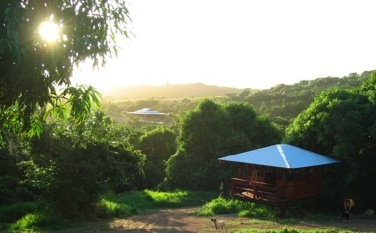
VISFI promotes the development of agroecology: an innovative field of agriculture that enjoins productivity with resource conservation, using ecological and indigenous management models to create sustainable life systems. They believe local, organic agriculture and a practical educational experience are the first steps toward building vital communities and achieving long term sustainability within a healthy environment. These beliefs led to the establishment of their Four Pillars: Education, Sustainability, Community, and Environment. They use these focal points to guide decisions that will promote their farm’s vision. For more information om the Sustainable Farm Institute please visit: www.visfi.org
Course Schedule Details
-
Day One:
-
•Overview of topic: Oil and toxins vs. Soil and Living Systems: how and why to make the change.
-
•Overview of project and design context of this workshop.
-
•Mycoremediation presentation and application overview
-
•Soil Food web and Micro Organism presentation and application overview.
-
•Biochar presentation and application overview.
-
•Evening World Cafe for participants, instructors, industry representatives, and community members.
-
-
Day Two
-
•Review of Day one including review of ideas and topics discussed at World Cafe.
-
•Introduction to Integrative Design Process.
-
•Fishbowl discussion of strategic implications of this technology.
-
•Mycoremediation continues...
-
•Microorganism application continued...
-
•Biochar application continued...
-
-
Day Three
-
•Detailed briefing of design opportunity.
-
•Design problems and possible solutions overview.
-
•Content focus on Design process.
-
•Design group project choice.
-
•Field trip to remediation sites.
-
•Site assessment and analysis by students and instructors.
-
•Invention room session for design teams.
-
-
Day Four
-
•Implementation of bioremediation trials.
-
•Overview of monitoring systems.
-
-
Day Five
-
•Hands-On Implementation of Bioremediation Systems
-
•Presentation of different trial systems by each team with feedback from group and instructors
-
•Review of evaluation as a process of design.
-
-
* The schedule above is subject to change
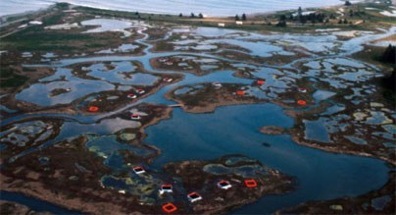
Bioremediation & Oil
Biological agents increase the rate at which oil naturally biodegrades. During this process, known as bioremediation, chemical agents, fertilizers and microorganisms are applied to oil, which breaks it down into a simpler and more easily removed compound.
What is Mycoremediation?

Can Mushrooms EAT Oil?
People often ask if mushrooms can "absorb" or "eat" oil. In fact, the root-like component of mushrooms (called mycelium) actually breaks down petroleum by excreting extracellular enzymes outside of its body. This is how fungus metabolizes petroleum. In a process called mycorenewal, mycologists acclimate the mycelium in a laboratory so that it is accustomed to recognize petroleum as a nutrient. Mycorenewal is a fairly new technique that has been proven successful in the lab, but limited studies have been done on its real-world applications.
Contact
For questions and more information regarding the course
contact: education@livingmandala.com
phone: 707-634-1461
For questions and more information regarding the hosting site
e-mail: info@visfi.org or
call: (706) 534-5033
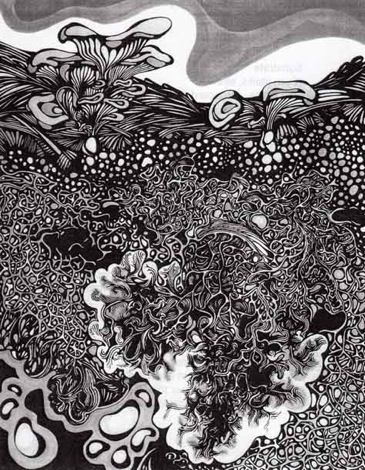


Facilitators & Instructors
Albert Bates
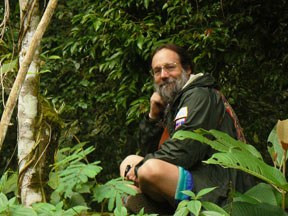
Matt Slaughter

David Demerest
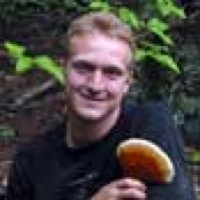
Greg Landua

Plus additional special guests & facilitators
Affiliated Organizations & Sponsors
Become a sponsor or affiliate of this course!
For details email: affiliates@livingmandala.com
Appropriate Technology, Personal Empowerment & More Click Here.
